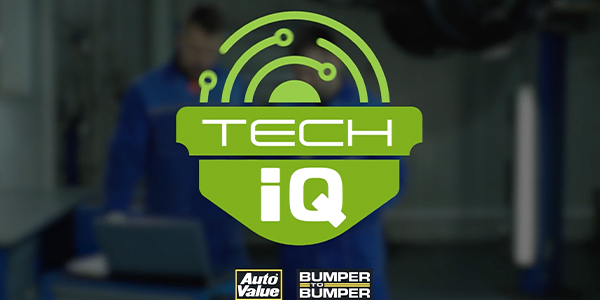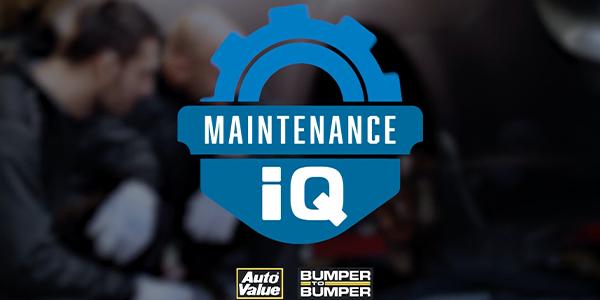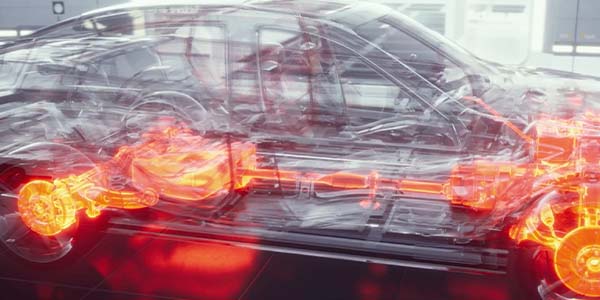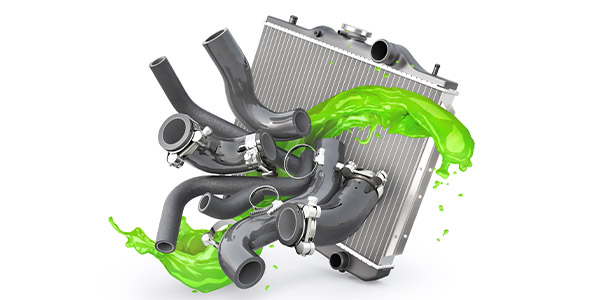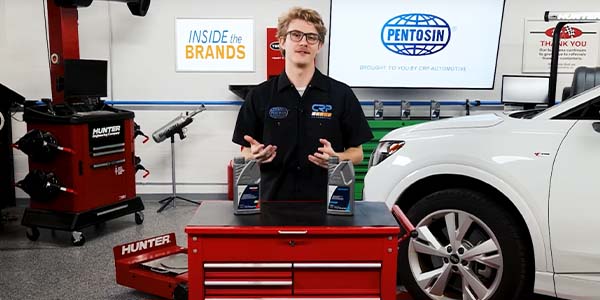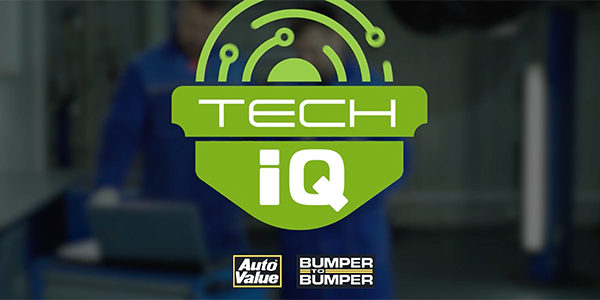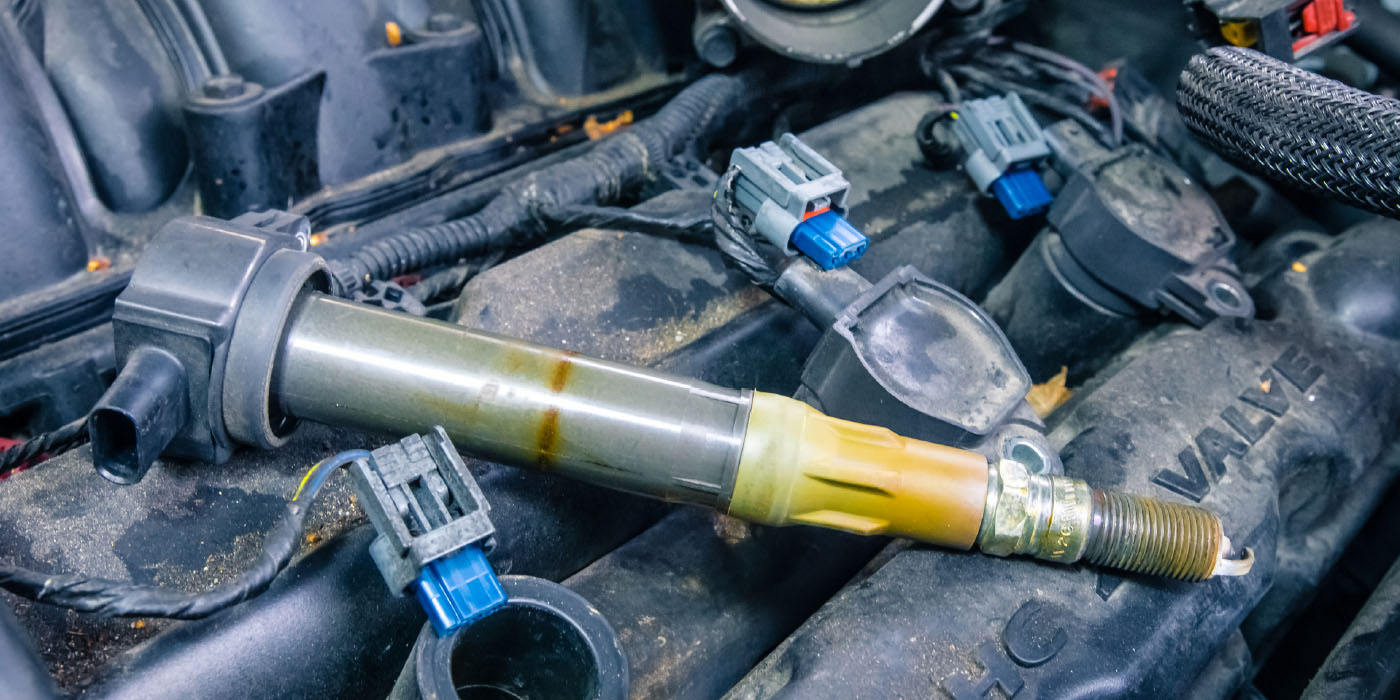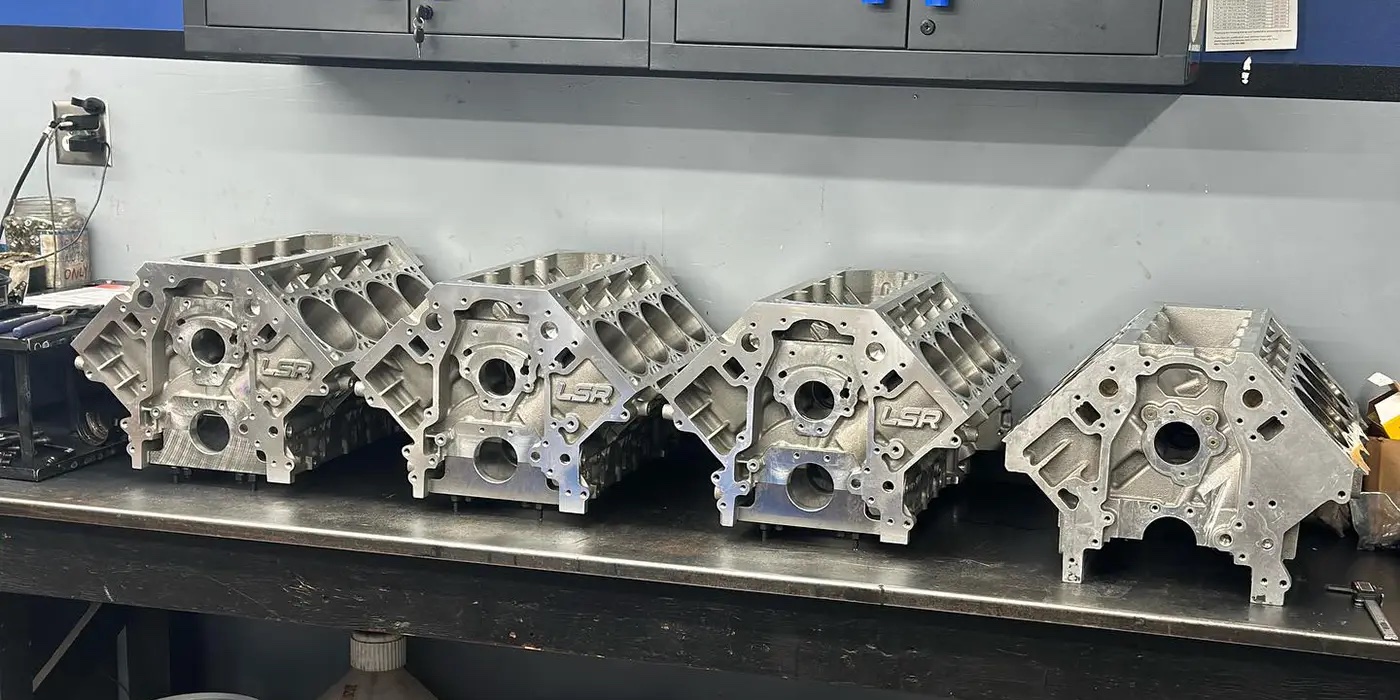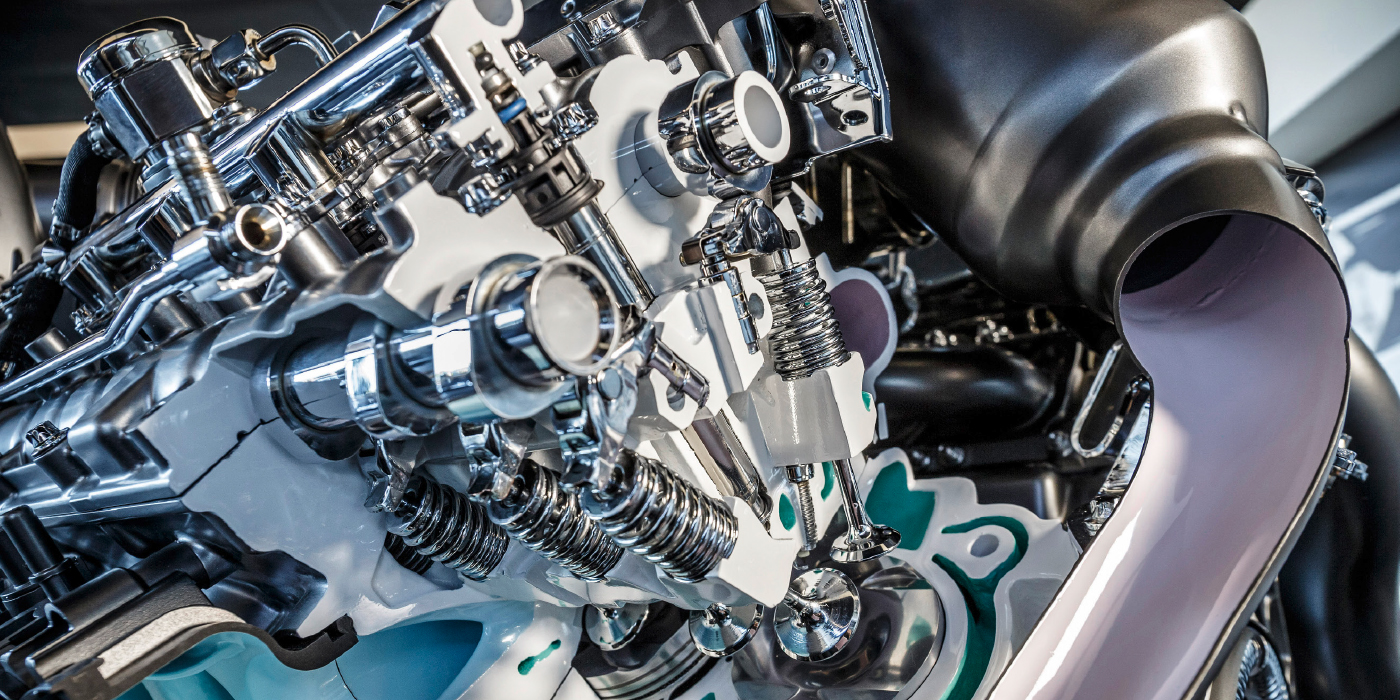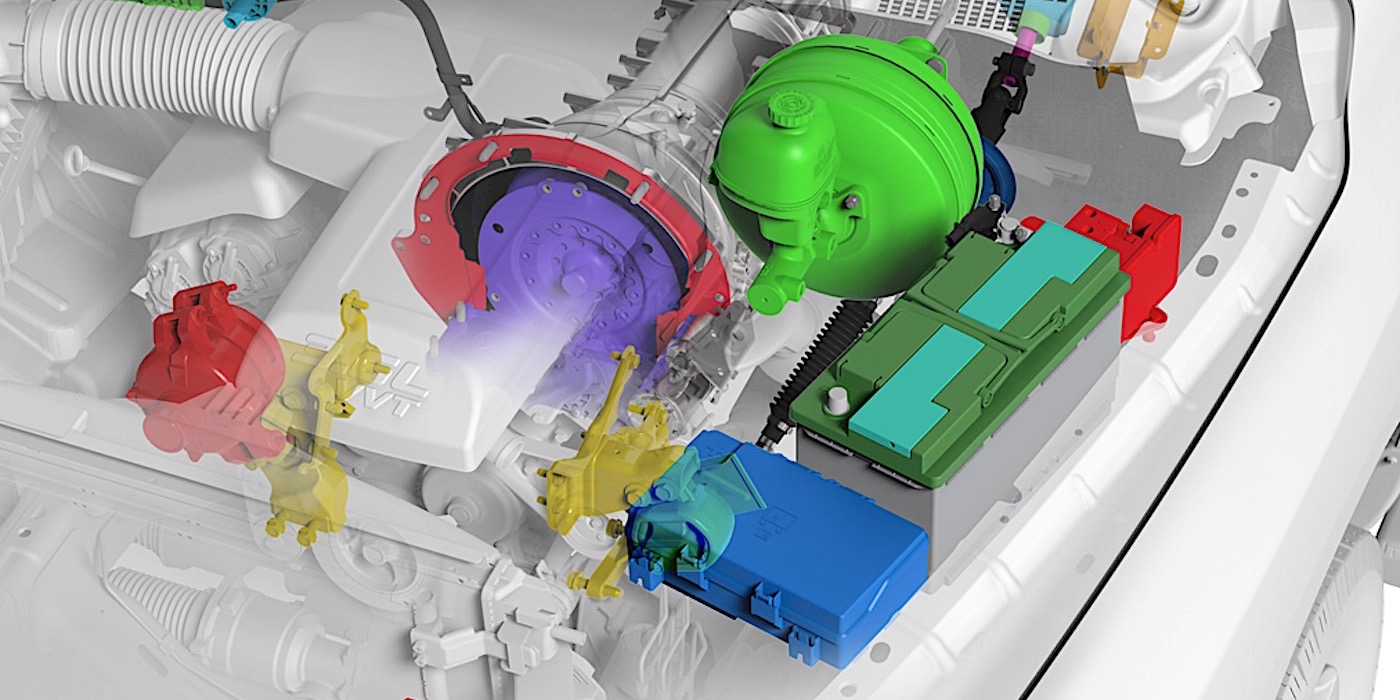Technician A says engine knocking noise heard only during acceleration can be caused by worn engine bearings.
Technician B says engine knocking noise only during acceleration can be caused by ignition problems.
Who is right?
It is technician B!
Spark knock, which is caused by uncontrolled combustion, sounds like a metallic pinging noise. Spark knock may be heard under a heavy load or on acceleration.
Detonation occurs when combustion of the air/fuel mixture in the cylinder starts off correctly in response to ignition by the spark plug, but one or more pockets of the air/fuel mixture explode outside the envelope of the normal combustion. The collision of the two flame causes a pinging noise. This can be caused by:
• Fuel with too low of octane rating
• Ignition timing that is too far advanced
• High engine operating temperature or
• Excessive carbon build-up in the combustion chamber
Pre-ignition can also be caused by carbon deposits in the combustion chamber. But this is different from detonation. Pre-ignition occurs when the air/fuel mixture prematurely ignites before the spark plug fires. Then the spark plug ignites the remaining mixture at the normal time. When the two portions of the burning mixture meet each other, there is a sudden abnormal rise in-cylinder pressure causing engine vibration and pinging or knocking noise. This can be caused by:
• Hot spots in the combustion chamber
• Incorrect heat range spark plug or
• Carbon deposits in the combustion chamber
Knowing the difference between detonation and pre-ignition can help you diagnose vehicles on the ASE G1 and in real life. This video is sponsored by Autolite.


